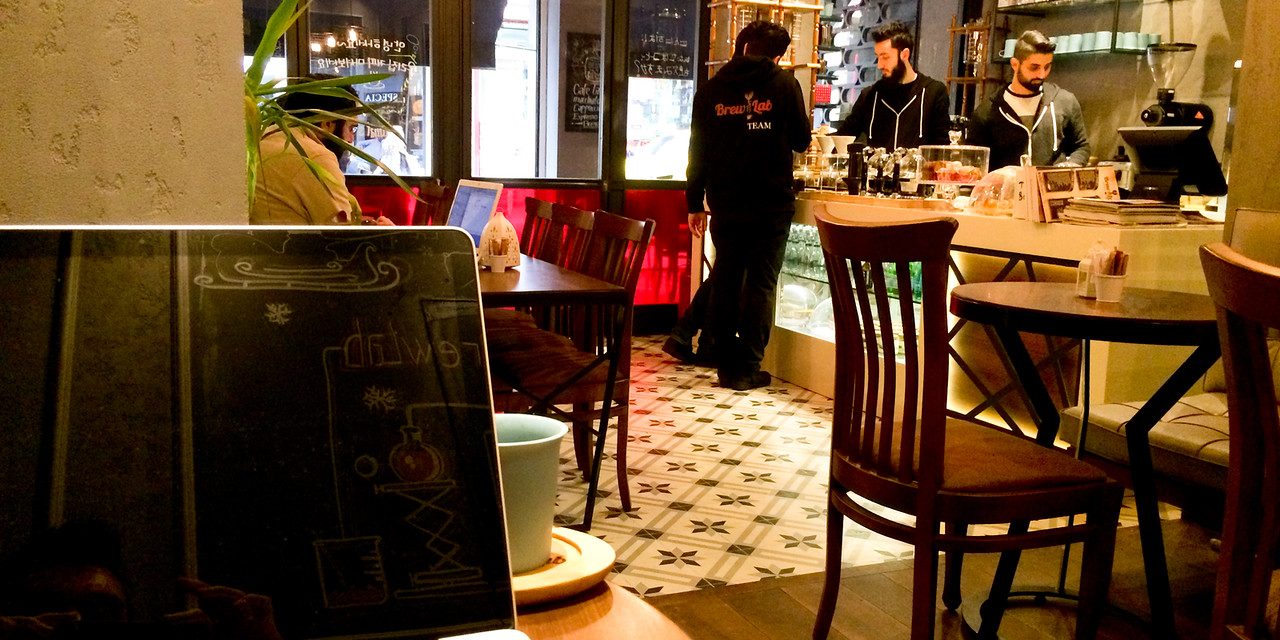
One of the biggest travel myths is that backpackers are cheap tourists who don’t provide economic incentives for tourism boards to focus on catering to them. At first glance, it’s easy to see why many make this assumption, most backpackers take great efforts to spend as little as possible, trying to stretch every cent efficiently at the cost of numerous comforts. The opposite perception is that luxury travelers pay top-dollar for resorts, dumping loads of cash into local economies over packed weekends at seaside resorts.
For a long time, backpackers weren’t really studied in terms of their spending habits but growing evidence shows budget travelers spend as much as luxury ones. Additionally, figures indicate a larger percentage of backpacker money spent goes to benefiting local economies. Tourism boards around the world: take note.
Time Versus Money
Many people in sectors of the travel industry often harbor a slight disdain for backpackers, complaining they are practically useless for their overall bottom lines since they “don’t spend.” According to researchers from MIT, people around the world tend to spend the same percentage of their overall time, and budget, traveling. Called the “Time Travel Budget” Theory, anthropologists have determined that the more free time we have – the more we travel; independent of our economic class.

Spending The Same Over A Longer Period Of Time
Even in the most liberal of European nations, vacation times around the world for full-time workers tends to top out at around a month. The average backpacker travels for nearly twice that time – about 58 days. Although these figures vary from country to country, it’s estimated the average American spends about $3,251 for a 12-day vacation.

According to budget travel expert Nomadic Matt, $50 a day for a backpacker is a reasonable goal. (Keep in mind all of these numbers include transportation, meals, lodging, etc.)
Adding it all up, backpackers and regular travelers spend about the same amount on traveling annually; just over different periods of time.
Spreading The Wealth
There’s also growing evidence that larger percentages of money spent by backpackers goes to local economies. Most resorts and international hotel chains in third-world countries are owned by foreign companies. The United Nations Environmental Programme (UNEP) estimates that only 20-60% of first world income makes it back to local economies from traditional travel expenditures. Studies like these on the tourism leakage effect are why nations like Malaysia and South Africa are focusing more on enticing backpackers.

Getting off the beaten path is also a backpacker trait and when they do, they also spread the money they’re spending outside of large cities and traditional tourism hubs according to this study of Australia. (Backpackers add 3.2 billion U.S. dollars annual to the tourism industry there.)
Why It’s Important
Backpackers are often under the perception of being economic leeches. Such misconceptions have lead tourism boards globally to dismiss catering to this growing portion of travelers; plus all the money they spend locally. Like the myth that Americans travel less than other people around the world, backpackers not having a positive economic impact has lead many poor countries to focus on luxury travelers – a group of visitors who might spend a bit more in less time but whose cash goes a little further out of local range.













Good analysis… I personally think irrespective of the amount of money spent by a kind of traveler, the vibrancy they bring to a place which rejuvenates the economy, create jobs and overall makes the destination a fun place to visit is equally important.
Specifically from a Backpacking community point of view..they spend money a lot in the unorganised sector – small vendors, non-brand eateries so the money may not go out via credit card but it is being pumped in local economy
Knowing these things, I think local tourism promoters can adjust to maximize the amount of money that stays local. But you’re right – first you need the tourists.
Good points Anil. Backpackers often stay at smaller places – hostels, guesthouses, etc – run by local people, or which employ locals. A key decision making factor when deciding to eat or sleep somewhere should be whether the place actually benefits the local community. Too many hostels out there are owned by “westeners” who employ “volunteers” – usually backpackers who accept to do a few hours of work in exchange for a bed. These places are cheat. For many reasons: 1) Backpackers think they are volunteering. In reality they are being exploited by a business that makes profit. If it makes money and that money goes to someone, that is not volunteering. Volunteering should only be for NGOs, charities and the likes – aka places that DO NOT make profits; 2) The fact that someone is doing (for free) a job that should be paid, is a good hint. That job should go to someone from the local community, and that someone from the local community should be paid for it.
Does this mean that luxury travelers benefit the local communities more? Not at all. Most of the time they stay at big international chains, multinationals where the locals are only employed in minor positions.
All in all, it doesn’t make much of a difference.
Yes, it’s a lot more than the simple calculation of dollars spent at X location. Something many local economies are starting to realize but many travelers have already.
Valid arguments. Backpaackers do contribute a good chunk to the local economy compared to luxury travelers. What Claudia mentions in her comment about backpackers getting cheated in the name of volunteering, if true, is unfortunate. Backpackers have to be alert on this aspect. Otherwise backpackers do make a difference to locals and glad that countries like Malaysia are encouraging it.
This is a great post.
We backpack, but we rarely go for the cheapest option if for a couple of more dollars we can get significantly better value for our money.
And we always prefer supporting local communities, it’s important to us not only when travelling.
Luxury travellers will often travel to luxury destinations because they are doing it in exchange of a review on their blogs. Which is great of course, some of them work really hard to make it happen. But the travel boards shouldn’t overlook the’backpackers’and their efforts to promote the countries just because they might spend a little less in one or another instance.
They have to remember that those ‘backpackers’ and travel bloggers will have a massive loyal audience and can influence people to choose one destination over the other.
Thanks. You comment does bring up a good point, I don’t think most (or all) backpackers are trying to spend absolutely as little as possible; which is the perception. People tend to pay for what they value on vacation, true of budget travelers as well.
Exactly my point, value for money is always our priority 🙂